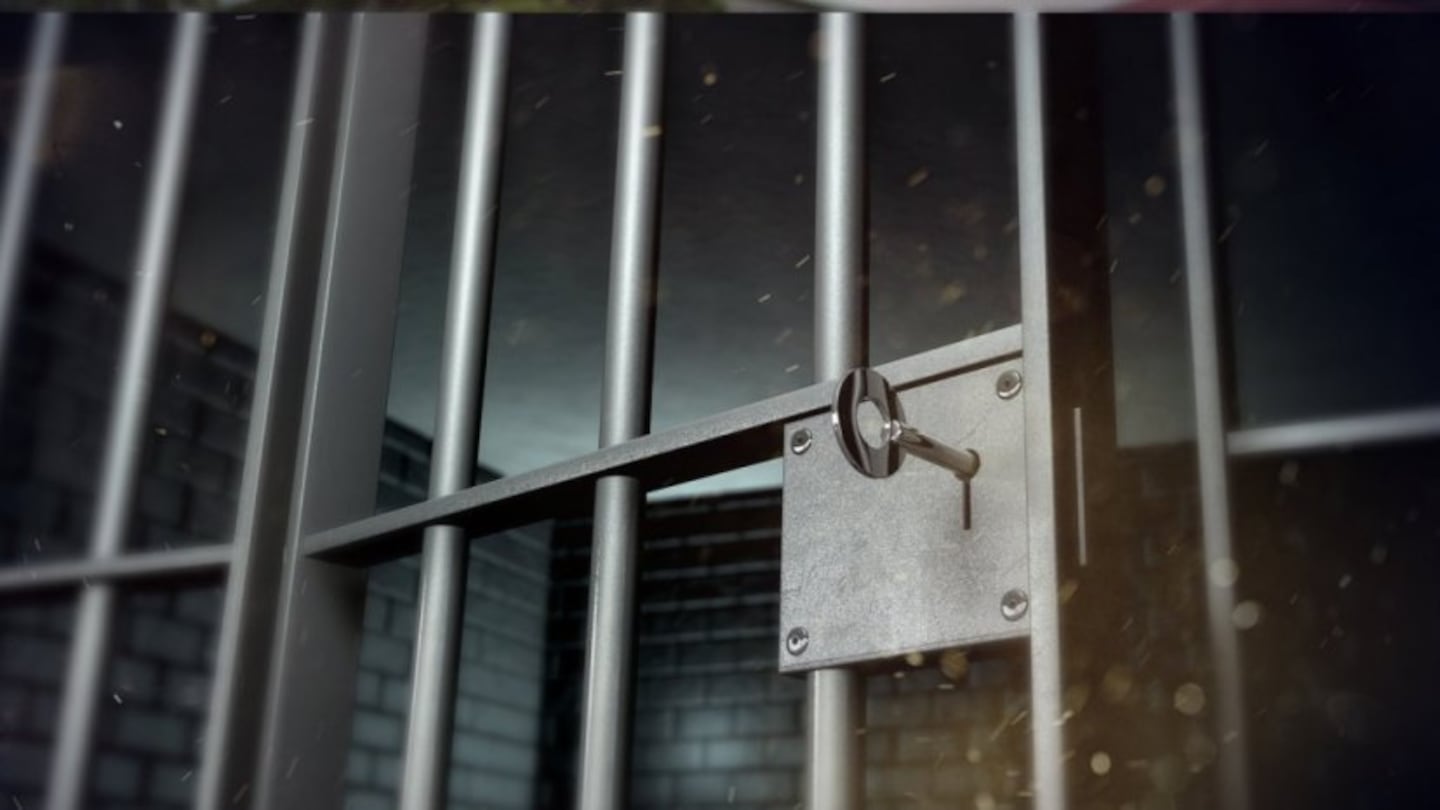A report from the Corrections Department's Independent Office of the Inspectorate, reviewing the country's 18 prisons over a 12-month period, showed that thousands of prisoners had experienced solitary confinement for extended periods, leading to potential long-lasting physical, social and psychological effects.
Though intended as a tool to manage misdemeanours and misbehaviour in prison, solitary confinement can pose multiple risks to the prisoner’s health.
Some 63 per cent of the prisoners reviewed were Māori, out of 5,655 individuals.
Te Kāhui Tātari Ture (Criminal Cases Review Commission) commissioner Professor Tracey McIntosh says the normalisation of solitary confinement makes reintegration and rehabilitation for prisoners “that much more difficult”.
“We have the royal commission on abuse in care. There we recognise that, for many people who have gone from care into the prison situation, that solitary confinement or being in secure units is something they’ve experienced from the youngest of age.
“What we find, and certainly with the people I’ve worked with, is it means that you can normalise some of the elements of that, so that when you’re reintegrated back into society, you are overwhelmed by it. Often people recreate the conditions of that secure unit or attempt to recreate them, just so they can navigate and manage outside life.
“It’s a very anti-therapeutic environment.”
The report also highlighted inadequate record keeping, saying there was "unreliable paperwork and inaccurate data" by the Department of Corrections.
The report's findings on solitary confinement, among others, call for transformation, such as changing how to deal with problems inside prisons with more therapeutic solutions.
“I think, sometimes, that too much focus on compliance means we escalate behaviours and make it unsafe, not just for prisoners but also those who work in prisons.




